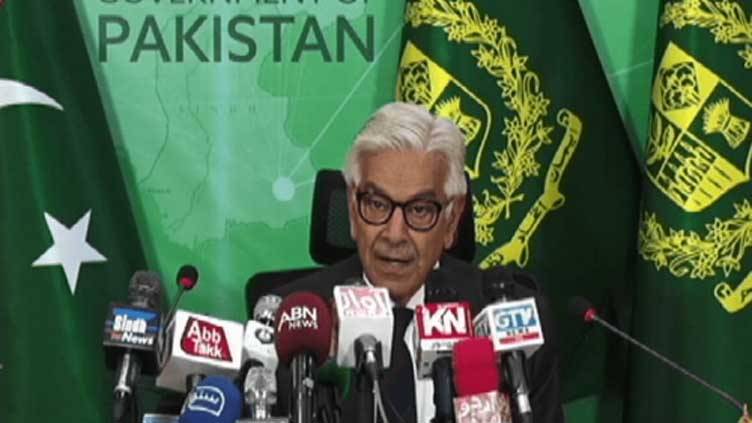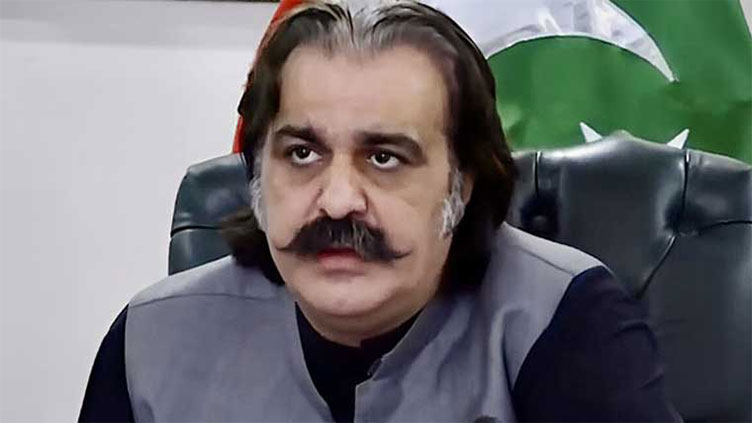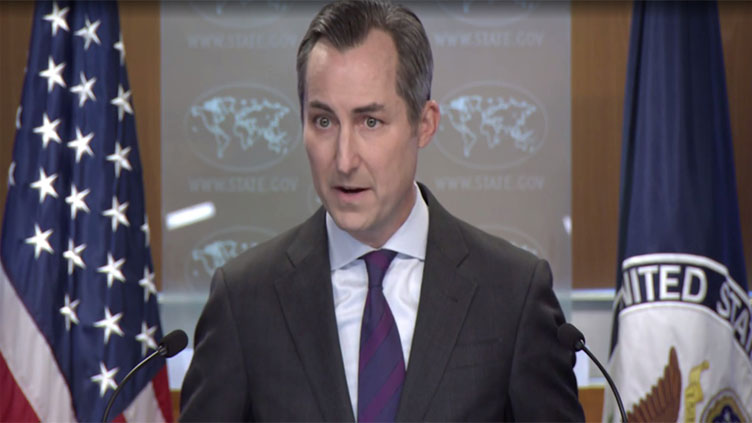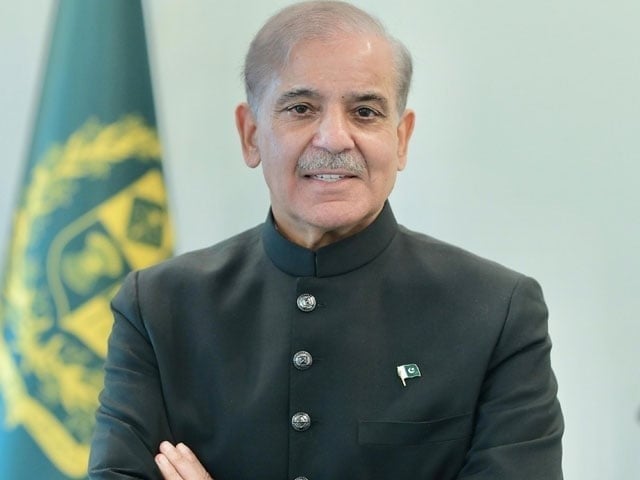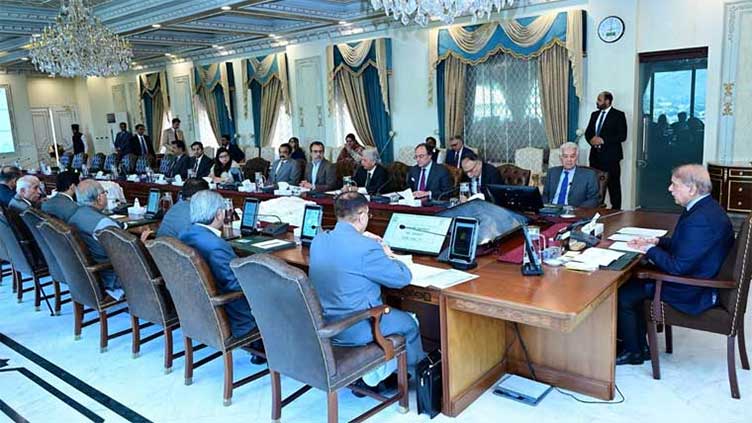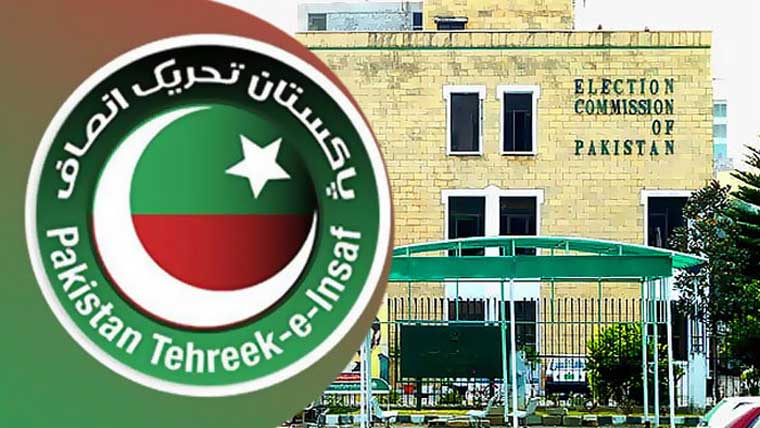By Tariq Mahmood Awan
The post of chief secretary is not a constitutional office. Hence, it is an administrative post of a province ordinarily created like so many others according to Article 240 (b) of the constitution and Provincial Civil Servants Act. The province has exclusive legislative, executive and financial competency on the post of chief secretary. The post and allied functions can be organized according to article 240(b) and Article 139 respectively by the legislative and executive competency of the provincial government. Competently, the provincial government can abolish, modify, amend not only the service rules of the post but also the functions of the post. Then, the office of a Chief Minister is a constitutional office according to Article 130 of the constitution of Pakistan.
Historically, the East India company formalized a patronage system regarding nomination of civil servants within the elite club barring a competitive process. The Government of India Act, 1853 substituted the system of nomination with an open competitive examination to recruit civils servants. Progressively, Government of India Act 1858 afforded that India shall be governed by and in the name of Her Majesty. Consequently, this authorized the secretary of state for India to make regulations for admission of candidates to the civil service of India. Accordingly, the civil service became competitive and accountable to the British Parliament. Similarly, office of chief secretary was established under the direct control of Secretary of state for India as to head the administration of a province. The role of Indian politicians was merely an advisory. On way to independence, section 10 of the Indian Independence Act expunged all the provisions relating to reservation of posts, obliterating the colonial scheme of civil service. However, the then centralists at the helm of the affairs, adopted the same colonial scheme of reserving provincial posts for central services without law to carry on controlling the provinces. The same practice is still in place in 2022 despite the promulgation of 18th amendment.
The only argument, the centralists contend is that the mode of appointment and subsequent functions are vital to the connectivity between federation and provinces. This argument is absurd from the outset and carry no constitutional or legal substance. Constitutionally, it the Counsel of Common interests CCI that provides connectivity between the federation and provinces according to Federal Legislative List part II. Besides, this is the office of governor established under the constitution is a linchpin between federal and provincial governments.
Is it elemental to preserve the post of chief secretary where Chief Minister is the chief executive of the province? Article 130 of the constitution provides that there shall be a Cabinet of Ministers, with Chief Minister as its head, thus constituting a provincial government. This categorically ascertains the Chief Minister as the sole chief executive of the province. Against this constitutional backdrop, the post of chief secretary should not exist at all as the chief minister is a chosen representative by the people and holds an exalted office of chief executive.
Let the argument be crossed! Article 139 of the constitution empowers provincial governments to make rules of business. Punjab Government formulated the Rules of Business in 2011. Section 5 of the ibid rules illustrates the functions of the Chief Minister whereas section 9 provides the functions of chief secretary. Yet, Ironically, the functions of Chief Minister are less executive than those of chief secretary. None other but the provincial government has to take the blame of making a mockery of the office of Chief Minister. Provincial government should realize the constitutional and democratic responsibility to re-organize the functions of the chief secretary as to make the office facilitator not a commander of the provincial government. Succeeding amendments those are required to firstly take the powers of secretary cabinet and then appointing an exclusive minister for the department of Services and General Administration Department. Provincial government should at least re-organize the functions of chief secretary if not willing to abolish the post of chief secretary.
Who is arresting the Provincial governments to abolish the post or re-organizing the functions of Chief Secretary ? Paradoxically, there has always been a marriage of inconvenience between de jure and de facto power corridors in Pakistan. Despite the de jure proposition, there is a de facto colonial hangover around the office of chief secretary.
Centralists prefer it over the representative office of the Chief Minister. Political leaders love to concentrate all the powers in themselves barring the devolution of political powers to junior leadership. Ostensibly, it is in their interest to keep the power of appointing chief secretary in order to control the provincial governments. This scripted confusion, often, leads to the confrontation among involved parties owing to inherent flaw of keeping two offices of chief executive alive. Then, it is compulsory for provincial political leaders to impose their constitutional authority to upkeep the only valid office of chief executive.
Likewise, position of chief secretary is against the cannons of cabinet governance and halts the processes of cabinet governance. It brings in bureaucratic slowdowns, layoffs in the cabinet governance. The worst procedure is routing the official business though the office of chief secretary. It creates delays, pendency, obstructions and hiccups. The operations of chief secretary create unnecessary financial and structural cost for the cabinet governance.
Nonetheless, chief secretary is also a secretary cabinet and controls the processes of legislation, administration and policy decisions. Comparatively, Federal government does not maintain the office similar to that of chief secretary in order to warrant smooth delivery of official business. Again , why is it mandatory upon provincial governments to keep an office directly in conflict with the powers of the chief minister ? Hence, the office of chief secretary either should be abolished or re-organized in a manner to facilitate the Chief Minister for attaining governance and service delivery.



































